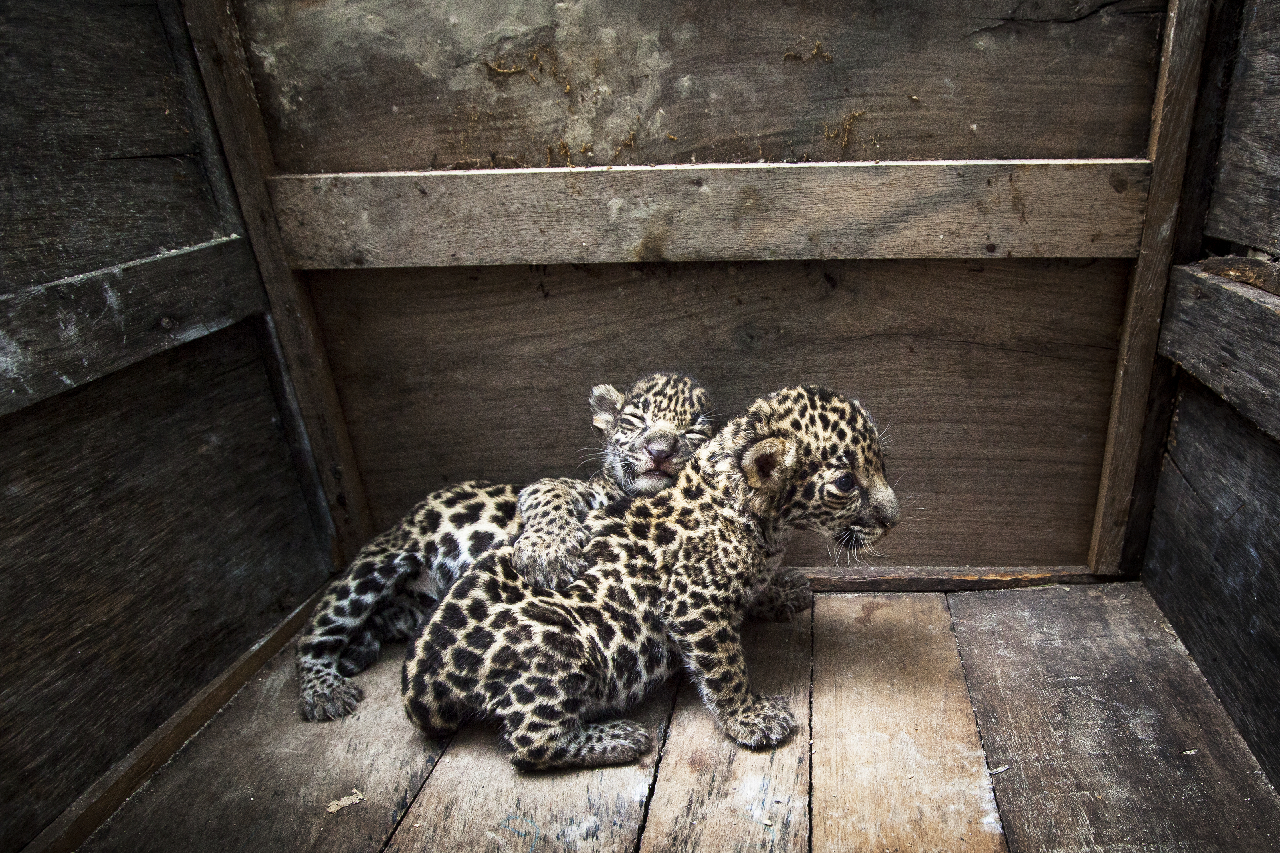Polen Cisneros
CMS: a stark reminder of the critical need for global cooperation
CMS: a stark reminder of the critical need for global cooperation

For conservationists, the year 2020 – also known as biodiversity super year – started with a bang. The first of several government meetings took place in February and we could not have been more pleased with the results of the Convention on the Conservation of Migratory Species of Wild Animals (CMS). What is CMS you may ask? It is an international agreement that aims to conserve migratory species within their migratory ranges and includes species that regularly cross international borders; and while one country may recognize a certain species as endangered, its next-door neighbor may not. This is why CMS exists, to protect species no matter what country they are in. This year, conservation wins included the listing of the jaguar on Appendices I and II, and the Asian elephants and oceanic whitetip sharks on Appendix I, among others. In addition, 100 percent of Concerted Actions identified by IFAW as priority plans were adopted, including Action Plans for giraffes and wedgefish species.
This particular Conference of the Parties (COP) meeting exemplified the effect of what international cooperation can have. One interesting (and exciting!) example was the proposal to include the jaguar (Panthera onca) in Appendix I, which comprises of migratory species in danger of extinction throughout all or a significant portion of their range, and Appendix II, which covers migratory species that have an unfavorable conservation status that require international agreements for their conservation and management. This was the first proposal of its kind that had the highest number of co-proponents in the entire history of CMS! The countries of Costa Rica, Argentina, Bolivia, Paraguay, Peru, and Bolivia joined forces to protect their common regional emblematic species. This was truly a regional effort! Saving a species, especially one that constantly crosses international borders like the jaguar cannot be done individually – it takes a full team of people (in this case countries) to make a difference. And what happened when the other regions in the conference witnessed this strong regional effort to protect the jaguar? There was an overwhelming amount of support from other parties to protect the jaguar. Attending government representatives from the 130 Member Parties to CMS all accepted the proposal to list it on both Appendix I and II of CMS. This particular example just demonstrates what we can do when we work together on a common goal. The process is not always easy but it certainly is less difficult to achieve the common goal. It is clear that the need for governments to join forces and act together is more important than ever. Not just solely on international conventions that deal with the conservation of endangered species, but also in other international matters.
More recently, the COVID-19 pandemic illustrates the dire need of concerted actions across the globe. As of today, according to the World Health Organization, there have been 209,000 confirmed cases of COVID-19. If this had happened a few decades ago, the number would most likely have been significantly lower but globalization has certainly made our world a lot smaller today in terms of our interaction. Although this virus continues to bring frightening tragedies, it has also highlighted that we will not beat the pandemic if we do not harmonize our national strategies to contain it. China’s response to COVID-19 provides a clear example of what a nation can do to respond to this type of crisis. Just a few days ago (March 19), China reported that there were no new local infections since the pandemic began. Soon enough, this type of news will probably be reported by countries that have been under extreme lockdown like Italy, France, and Suriname. It is imperative now more than ever that the countries that have yet to implement this strategy start to do so in order to avoid further COVID-19-related fatalities.
Just like in these strange times that we are living in, we only come ahead of a crisis if we respond collectively and in a coordinated manner. It is the same for endangered species; it is not just one individual’s job to save a species, it is everybody’s duty to save them. No matter the subject (whether it is regarding the protection of an endangered species or a zoonotic disease that affects public health) at the end of the day, we are all in this together. Needless to say, we urgently need transformative change – not just by individuals but also by everyone — public and all private sectors; we have no other option. The international community has the tools to safeguard our well-being to protect nature, prevent a wildlife extinction crisis, and even halt the deterioration of our livelihoods and ecosystems.
Despite the current need to practice social distancing, we must stay motivated and determined in 2020. It’s important to add our voice and take action to help conserve our own species, our wildlife and its ecosystems because without a healthy population and a healthy planet, we have no sustainable future.
- Find out more information on results from CMS and COP13 both here and here.
- Find out more information on the COVID-19 here.
-Polen Cisneros, Wildlife Crime Program Officer
Related content
Our work can’t get done without you. Please give what you can to help animals thrive.